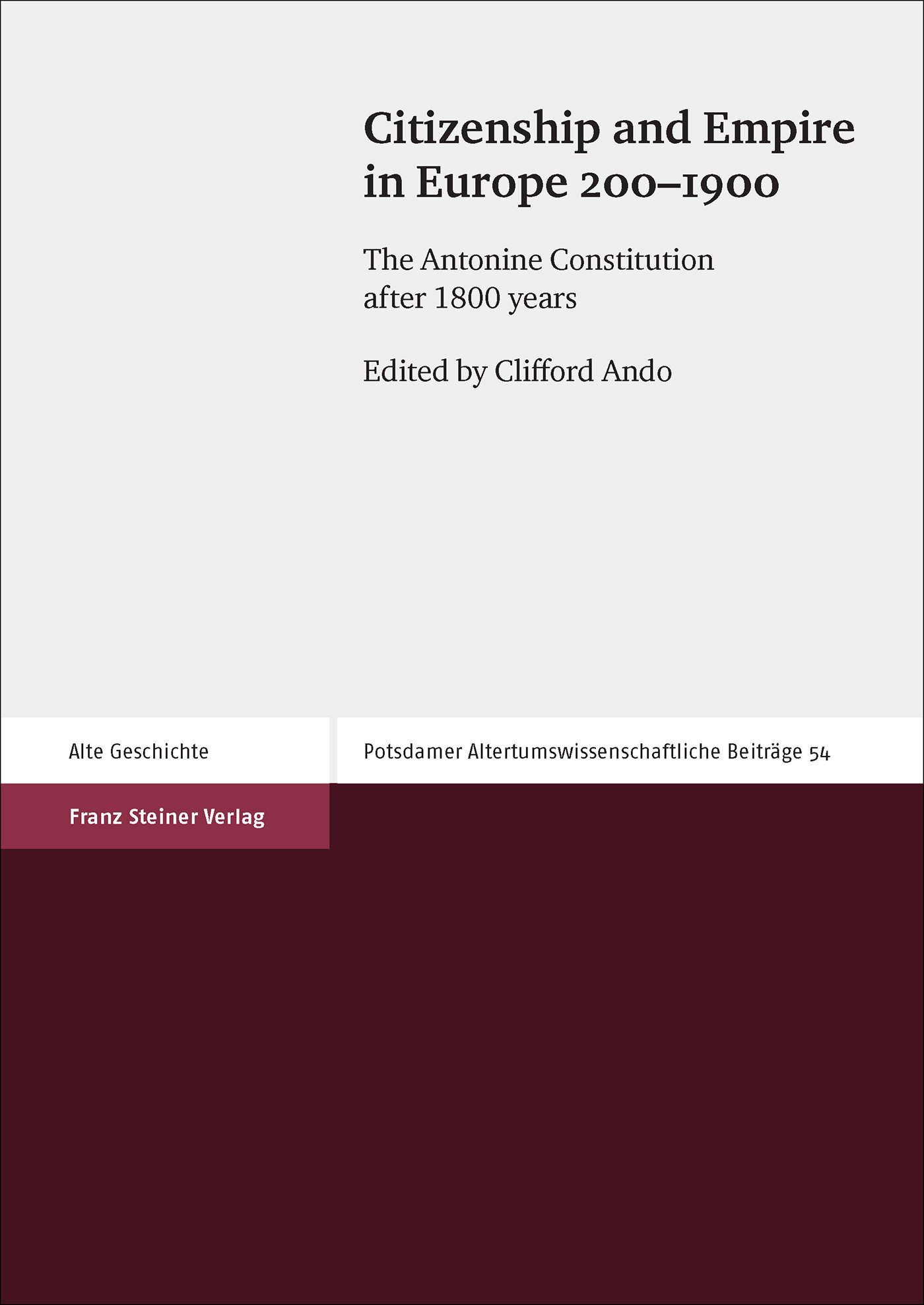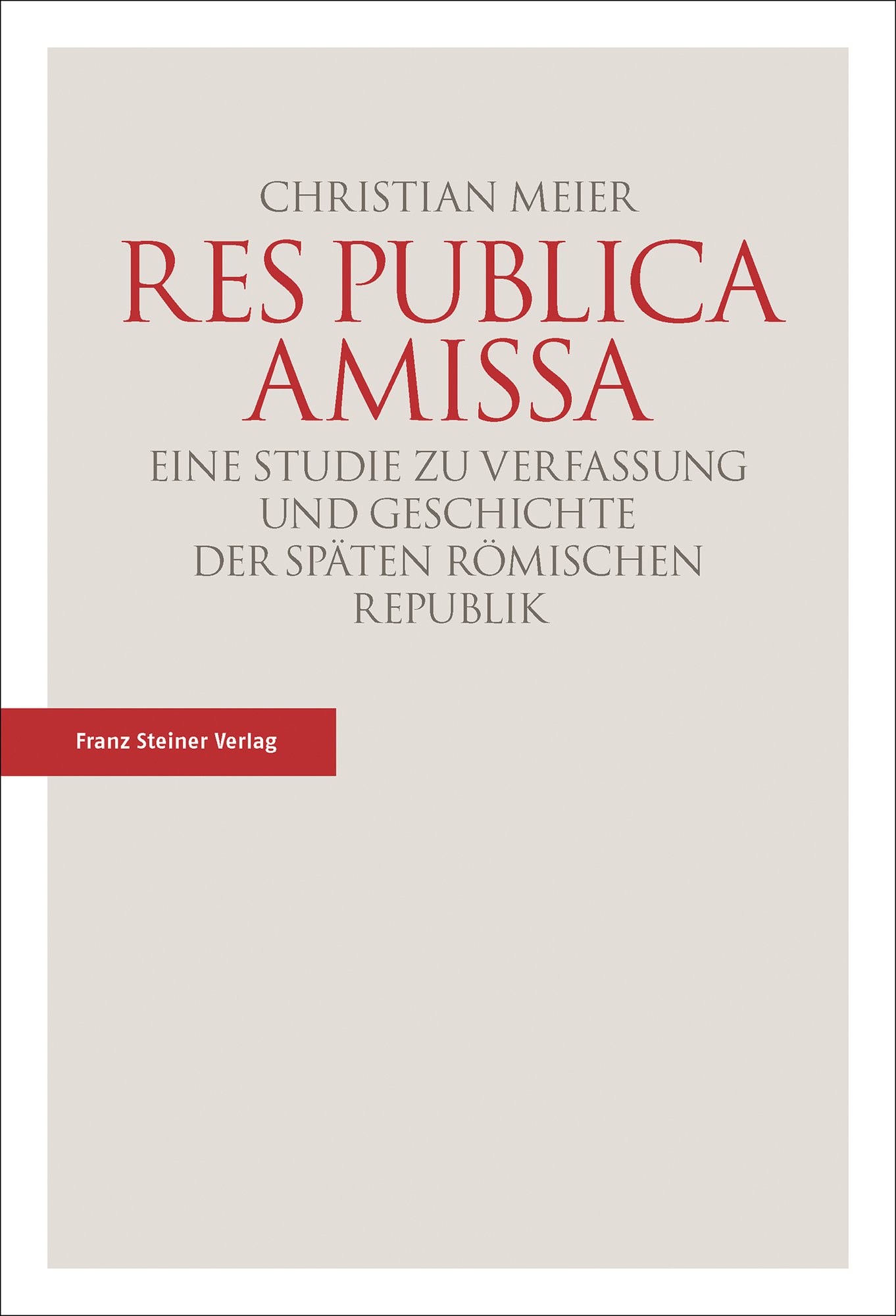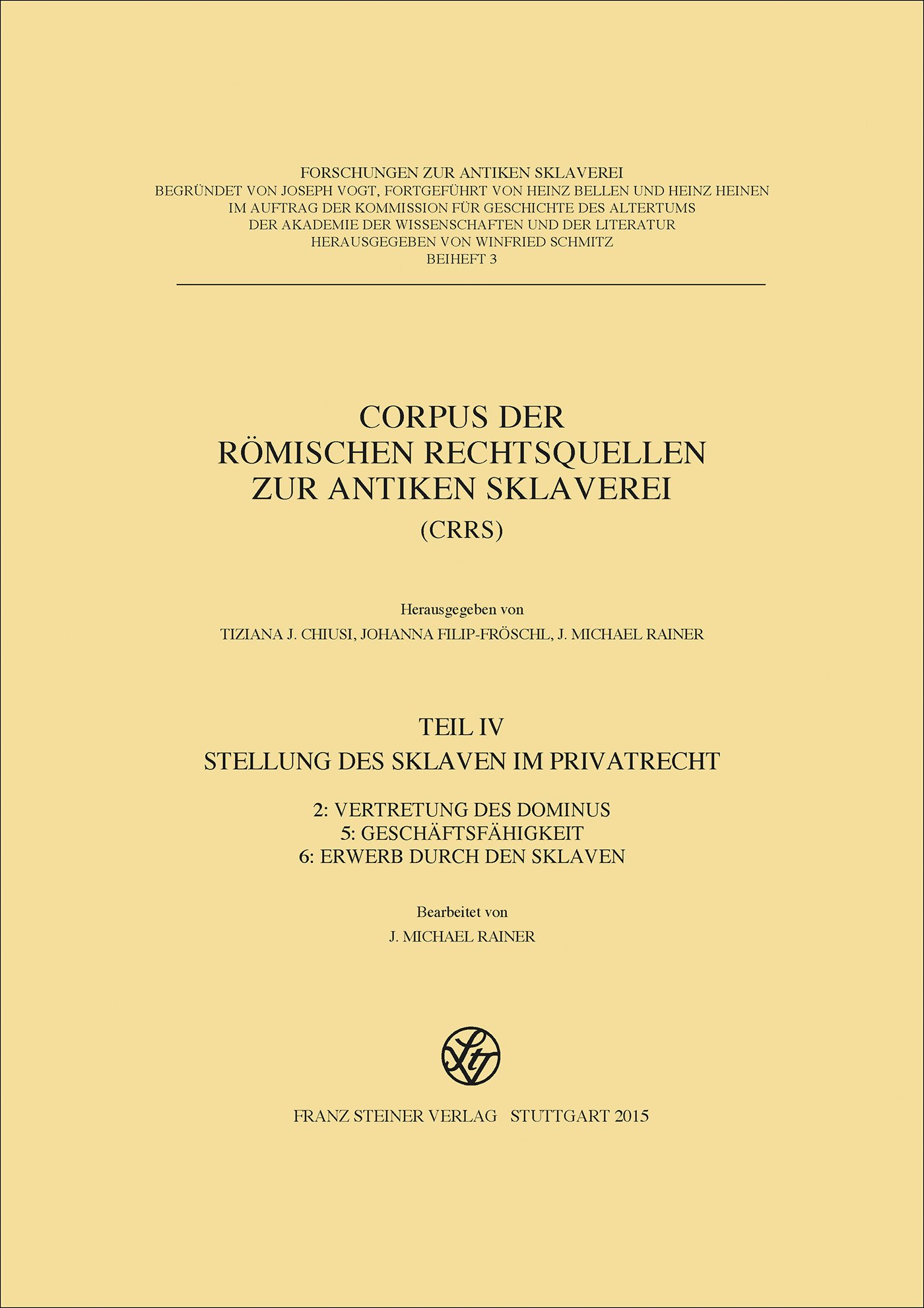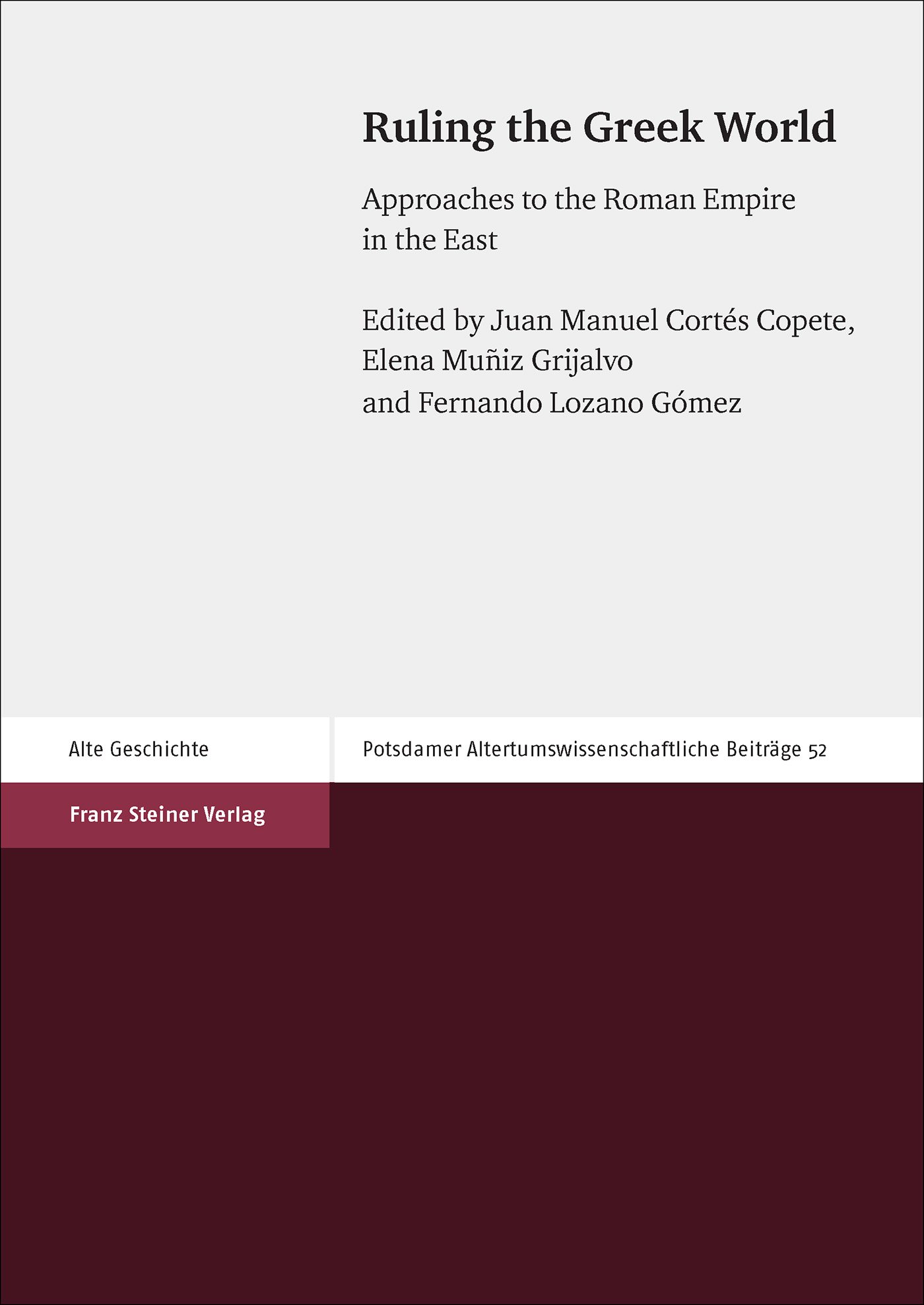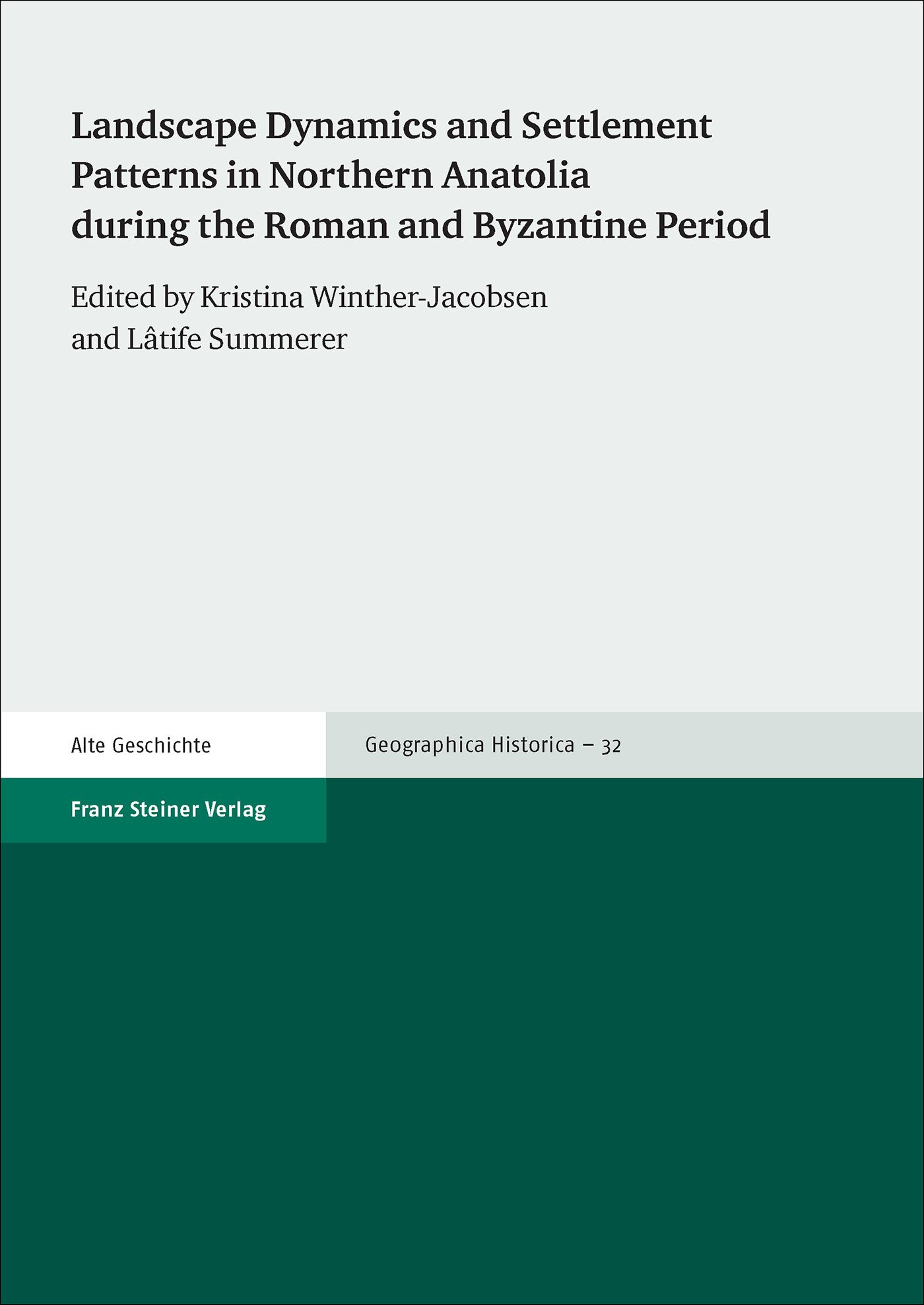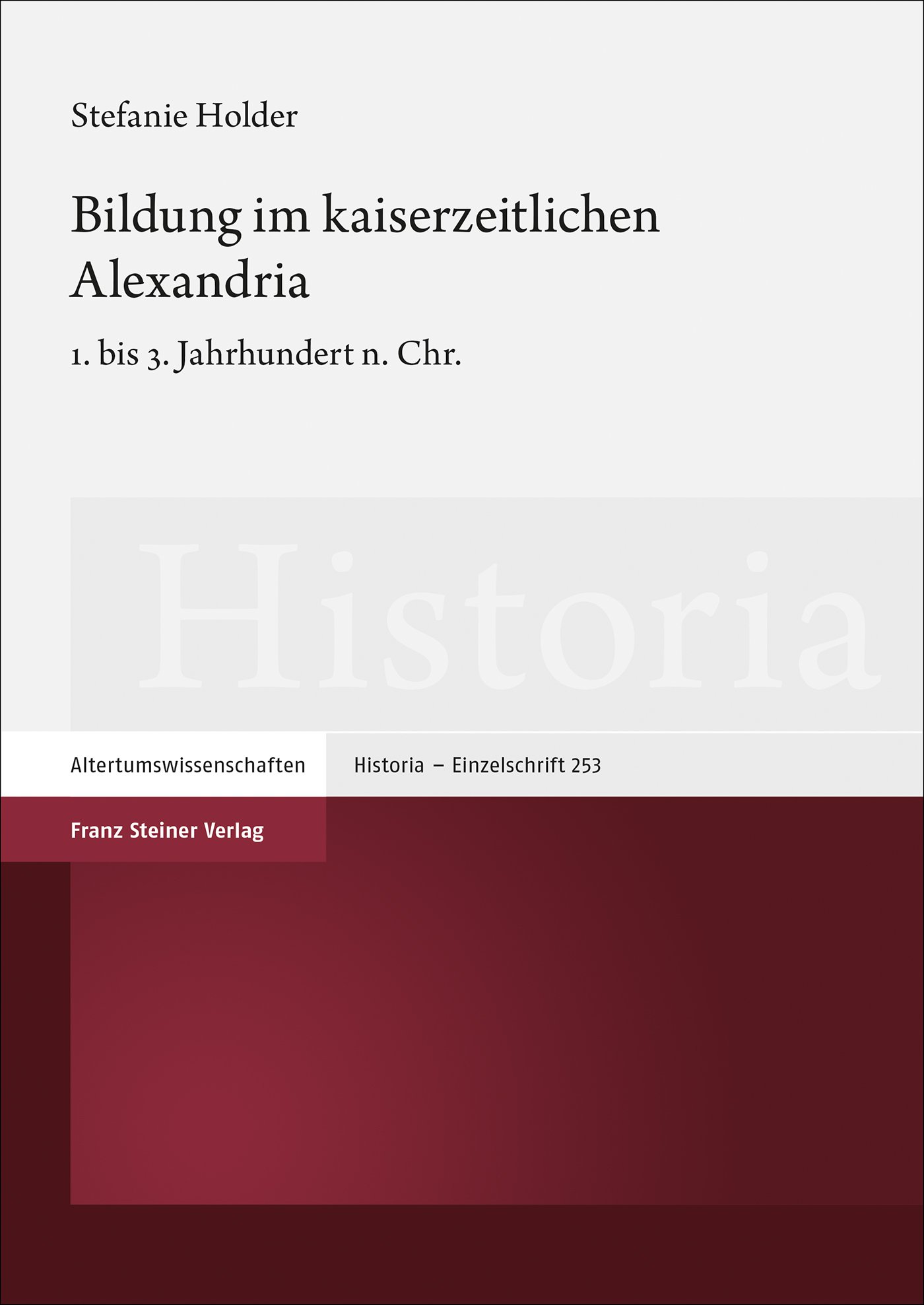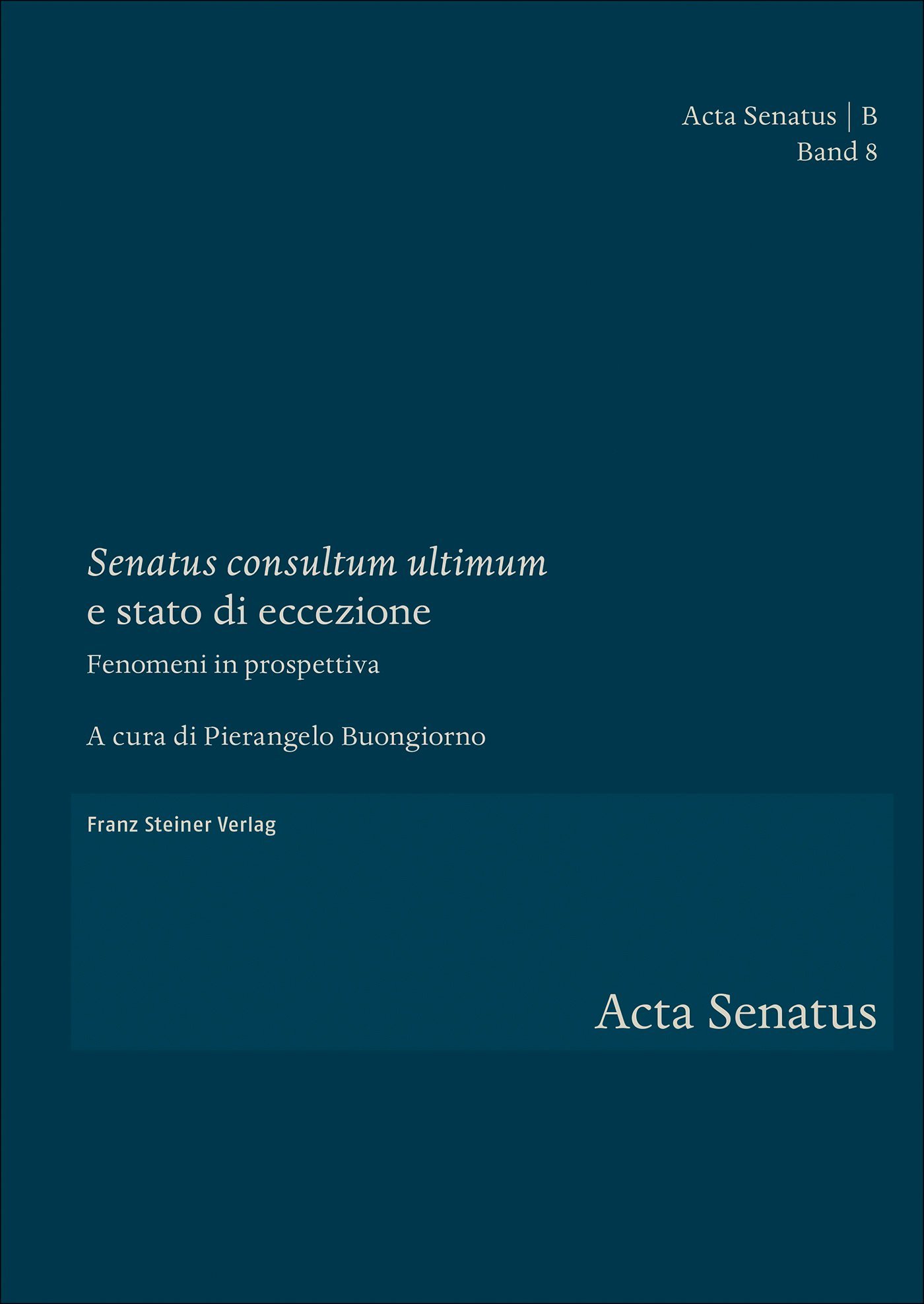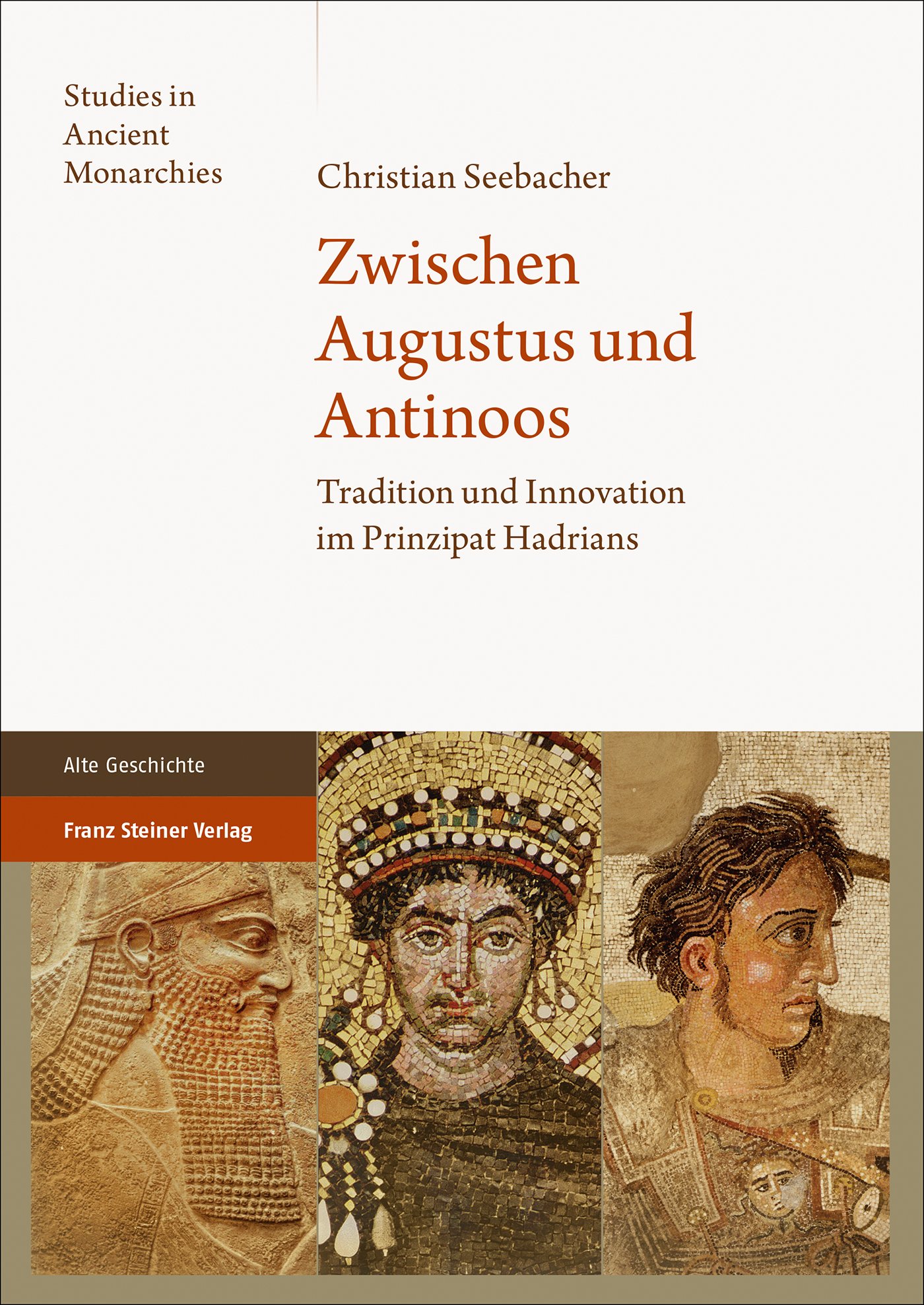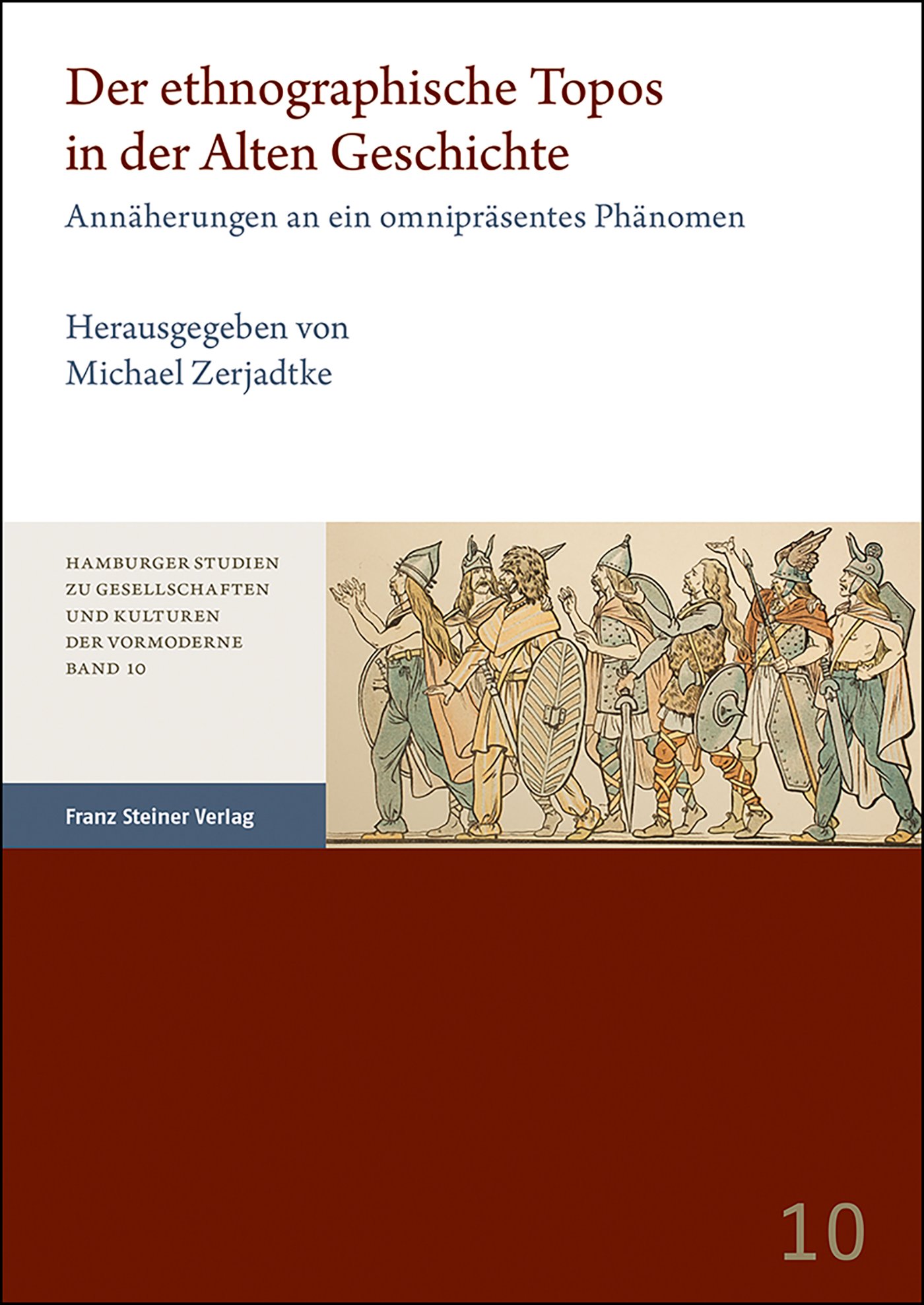Citizenship and Empire in Europe 200–1900
Citizenship and Empire in Europe 200–1900
In 212 CE, the emperor Caracalla extended citizenship to nearly all free-born residents of the Roman Empire. In doing so, he transformed not only his own, but the very ideal of empire and statehood in Europe. This volume first inquires into the contexts of Caracalla's act in his own day. Rome was an ancient empire: it had traditionally ruled over populations that were conceived and governed as distinct units, a practice that was both strategic and ideological. What were the practical and political effects of a universalizing ideology in this context? Was there a reorientation of private social and legal practice in response? And what politics of exclusion came to apply, now that citizenship no longer served to distinguish persons of higher and lower status? The volume subsequently traces the history of citizenship in universalizing ideologies and legal practice from late antiquity to the codification of law in Europe in the nineteenth century. Caracalla's act was then repeatedly cited as the ideal toward which sovereign polities should strive, be they states or empires. Citizenship and law were thereby made preeminent among the universalisms of European statecraft.
"[T]his is a significant contribution, not only to the debates about the CA in its Roman contexts but also concerning the historiography of it in the European consciousness and its contribution to fundamental issues concerning statehood and citizenship. As such, it deserves a place in any serious library collection."
Paul J. du Plessis, Journal of Roman Studies 107, 2017
| ISBN | 978-3-515-11189-8 |
|---|---|
| Medientyp | E-Book - PDF |
| Auflage | 1. |
| Copyrightjahr | 2016 |
| Verlag | Franz Steiner Verlag |
| Umfang | 261 Seiten |
| Sprache | Englisch |
| Kopierschutz | mit digitalem Wasserzeichen |
